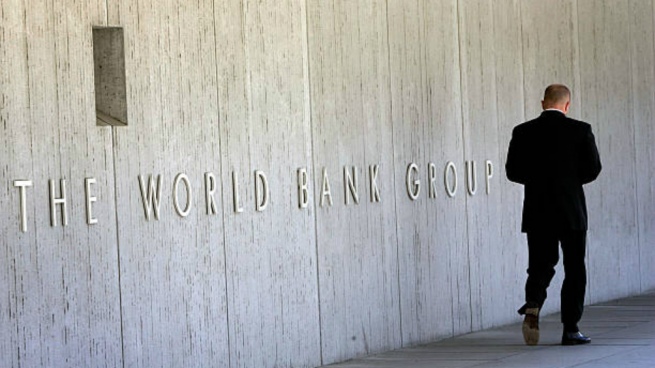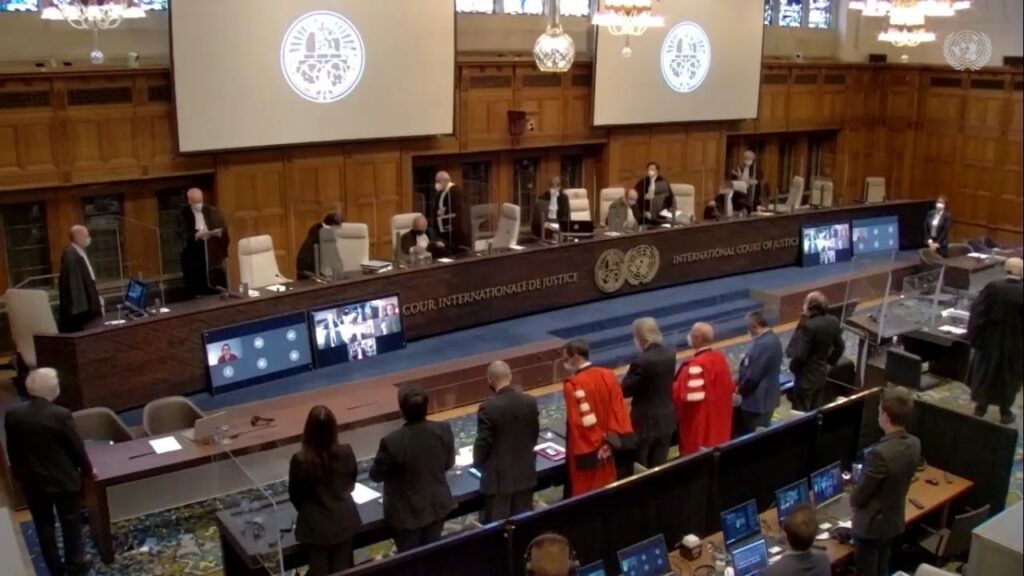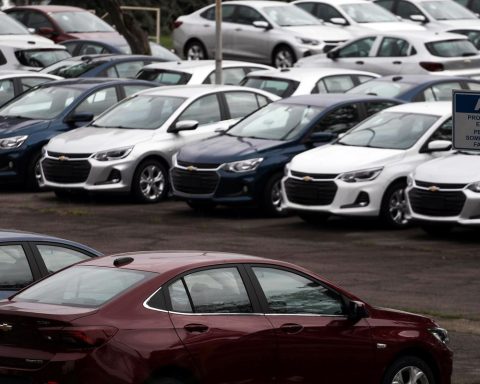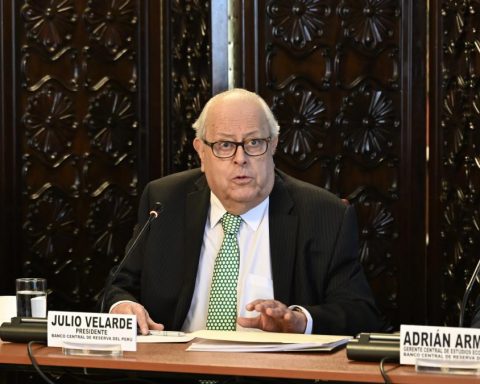The World Bank projects economic growth for Argentina of 3.6% by 2022 and 2.3% for the region’s average, in a context where the war between Russia and Ukraine began to affect the post-pandemic recovery.
This was stated this Thursday by the World Bank’s chief economist for Latin America, William Maloney, during a press conference in which he presented the organization’s new regional report entitled “Consolidating the recovery: Taking advantage of the opportunities of green growth.” .
Maloney acknowledged that the crisis unleashed by Russia’s invasion of Ukraine affected growth projections and that the region will grow 0.4% less than the original forecasts.
The director of the multilateral organization, looking to the future, encouraged the application of a strong green agenda which will be very positive in the medium term, and where the region has “tremendous comparative advantages”.
Forecasts for Argentina
Regarding the data from Argentina, the report stated that a primary fiscal deficit of 2.5% is expected by 2022in line with the projections of the agreement reached with the International Monetary Fund.
Maloney said that the country has “margin” to improve public spending and at the same time “great potential” to continue with investments in lithium.
The new World Bank document was presented this Thursday as a prelude to events related to the traditional joint Spring Meetings with the IMF, which will formally start on April 18.
According to the World Bank, “Argentina has 7.2% of GDP in inefficiency in public spending”the highest in the region, where at least 4 points are “leaked by transfers” (the journey of money to reach its destination), at least 2 points of GDP in “inflated contracts” and around one point of the product in what is called “inefficient wage bill”, that is, when the public sector pays more in some sectors than in the private sector.

Forecasts for the region
As for the region, after a rebound of 6.9% in 2021, GDP is expected to grow 2.3% this year and 2.2% in 2023with most countries managing to reverse the economic losses they suffered during the pandemic crisis.
However, “these modest projections place the regional growth among the lowest in the world at a time when the region faces great uncertainties, such as the possible appearance of new variants of the coronavirus, an increase in inflationary pressure and the war in Europe, which threatens the global recovery,” the report says.
“We find ourselves in a global environment of great uncertainty, which could impact post-pandemic recovery. However, in the long term the challenges of climate change will be even more pressing, which compels us to urgently move towards a growth agenda that is greener, more inclusive and raises productivityCarlos Felipe Jaramillo, World Bank Vice President for Latin America and the Caribbean, said in a statement.
“We find ourselves in a global environment of great uncertainty, which could impact post-pandemic recovery”carlos philip jaramillo
Regarding the economic consequences of the war between Russia and Ukraine, despite the rise in the price of exportable commodities, the World Bank anticipated that “the impact will probably be negative”, because the countries are also importers of energy.
According to Malloney, Latin America is a “self-absorbed” region, with little external opennesswith problems adopting technologies, and with low participation in global markets.
Likewise, the report highlighted that in the last twenty years the countries of Latin America and the Caribbean lost the equivalent of 1.7% of their annual GDP due to climate-related disasters, while warning that some 5.8 million people could fall into extreme poverty in the region by 2030.
In this sense, they warned that agriculture is likely to be seriously impacted with reduced crop yields in almost all countrieswhile the stability of power generation will be affected by changes in the hydrological cycle.
As for the impact of the latest drought, “agricultural losses are expected to approach US$3 billion in Brazil, with additional losses in Argentina, Uruguay and Paraguay.”















